Methadone: Examining the Addiction Risks and Benefits
Methadone, used to treat opioid addiction, can become addictive when misused. Properly administered, it aids in withdrawal management. Misuse can result in severe side effects, including potential overdose. Treatment options and support networks exist for those struggling with methadone addiction.
- Methadone helps manage opioid withdrawal but can be addictive if misused.
- Misuse can lead to severe, potentially fatal side effects.
- Treatment options and support networks are available for methadone addiction.
Methadone, like other opioid agonists, can become addictive when misused. However, when methadone is used according to a structured treatment program for opioid addiction, it should not present a significant addiction risk. Regular use can lead to physical dependence, which is the body’s normal adaptation to the drug, and can make stopping more challenging. If you decide to quit, your doctor will devise a plan to manage withdrawal symptoms, reducing discomfort. Since methadone is an opioid, it has potential for misuse and abuse. People who misuse methadone may develop an addiction and require professional help at a specialized methadone rehab or detox center.
The Negative Consequences of Methadone Addiction
Methadone is sometimes used to manage acute opioid withdrawal, reduce cravings, and lower the risk of relapse. It can be a valuable tool when used appropriately. However, some individuals may misuse methadone for its calming and euphoric effects, leading to negative outcomes. The side effects of methadone misuse, which can be fatal in severe cases, include nausea, restlessness, respiratory depression, drowsiness, itching, sweating, mood swings, vision problems, unusual sexual behavior, and sleep disturbances. An overdose of methadone can be deadly. Symptoms of a methadone overdose include blue, cold skin, slow breathing, pinpoint pupils, sluggish muscles, and coma. If you suspect a methadone overdose, call 911 immediately.
Long-term misuse can lead to tolerance and dependence, creating a cycle of increasing dosages, continuous use to avoid withdrawal, and ultimately addiction.
“Am I a Drug Addict?” Self-Assessment Quiz
If you or someone you know may be struggling with drug addiction, we encourage you to take our free, 5-minute “Am I A Drug Addict?” self-assessment quiz. This tool consists of 11 yes-or-no questions and can help provide insight into the severity of a potential substance use disorder. The quiz is confidential and does not require any personal information.
Disclaimer: Only a medical or clinical professional may diagnose a substance use disorder. This assessment may serve as an indicator of a potential addiction but should not replace a diagnosis from a professional treatment provider.
Tolerance Versus Dependence
Tolerance and physical dependence are often confused. Tolerance to methadone occurs when an individual needs increasing doses to achieve the same effects. However, dependence develops as the body adapts to the continuous presence of a drug and may not function optimally when usage decreases or stops. This is a natural response and does not necessarily indicate addiction. Medical professionals create a slow tapering plan for those who wish to stop using methadone, as abruptly stopping can lead to withdrawal symptoms. Misuse of methadone can lead to a cycle of usage that may result in addiction.
Inpatient and Outpatient Methadone Detox Programs
Treatment options for methadone addiction include inpatient and outpatient detox and rehab. Inpatient detox programs offer round-the-clock care, support, and treatment in a controlled environment. Conversely, outpatient programs offer more flexibility, allowing patients to continue living at home while receiving treatment.
Determining the Need for Inpatient Rehab
Inpatient rehab utilizes various therapeutic methods to help addicts achieve sobriety. Healthcare professionals can help you determine the most appropriate level of care based on your physical and mental health, the severity of your addiction, and the risk of severe withdrawal.
Privacy in Methadone Treatment Centers
Methadone rehab centers are legally required to maintain the confidentiality of all patient information, including medical history, treatment details, and personal data.
Length of Methadone Maintenance Treatment
Recovery from methadone addiction can vary and can be influenced by factors such as co-occurring mental disorders. Treatment durations often range from 30, 60, to 90 days, and longer stays may be necessary for severe cases or those who need more time to stabilize their sobriety.
Stages of Methadone Addiction Therapy
Methadone addiction therapy typically includes stages such as intake, residential detox, substance abuse treatment, and specialized treatment for co-occurring disorders, followed by aftercare to prevent relapse.
Methadone, while potentially addictive when misused, can be a helpful tool in managing opioid addiction. It is crucial to use it under the guidance of a medical professional to prevent misuse and potential addiction.
Continuing Education and Support Networks for Methadone Addiction
While treatment at a rehab center is a crucial step in overcoming methadone addiction, continuous learning and support from peers are also integral parts of the recovery process. Various organizations offer educational resources and support networks for individuals dealing with methadone addiction and their families. These include:
- The Substance Abuse and Mental Health Services Administration (SAMHSA): Offers numerous resources to those struggling with substance abuse, including a national helpline and a treatment services locator.
- Narcotics Anonymous (NA): A global community-based organization where members support each other in overcoming addiction. NA operates under the principles of the 12-step program.
- SMART Recovery: A science-based addiction recovery support group. It offers tools for self-empowerment and self-directed change.
Why Does Methadone Require Careful Management?
Due to its opioid nature, methadone can be habit-forming and potentially dangerous if misused. Therefore, it needs to be carefully managed by medical professionals to ensure it is used appropriately. Overuse can result in overdose or other health complications, and withdrawal symptoms can be severe without proper supervision. If you or a loved one are using methadone and have concerns about misuse or addiction, it’s important to seek help immediately.
Methadone Treatment and Relapse Prevention
Relapse is a common part of the recovery journey and should be treated as an opportunity for learning and growth rather than a failure. Many treatment programs include relapse prevention strategies to help individuals recognize and avoid triggers, develop healthy coping mechanisms, and manage cravings.
Help is Available
If you or a loved one are struggling with methadone addiction, please know that help is available. It’s never too late to reach out for assistance, and a variety of treatment options are available to meet your unique needs. Contact a healthcare professional or a trusted support network to discuss your options and begin your journey towards recovery.
Remember: It’s not about the journey’s end, but the courage to start.
Facilities specializing in Subutex treatment

4271 S Lee St Buford GA 30518
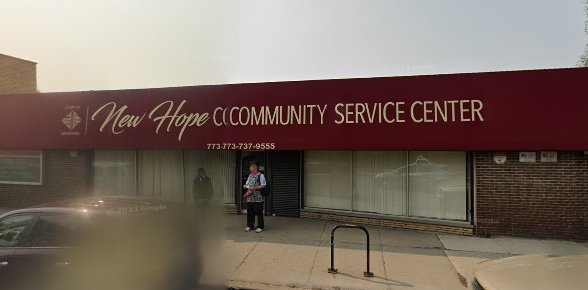
2559 W 79th St # 6 Chicago IL 60652

217 Arrowhead Blvd # B1 Jonesboro GA 30236

175 Crescent Ave Chelsea MA 02150

13020 89th Rd Queens NY 11418

45335 Sierra Hwy Lancaster CA 93534

214 Airport Rd Clearfield PA 16830
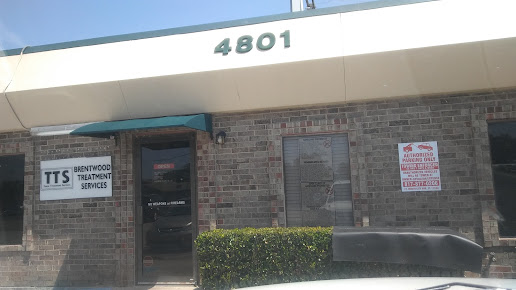
4801 Brentwood Stair Rd Fort Worth TX 76103
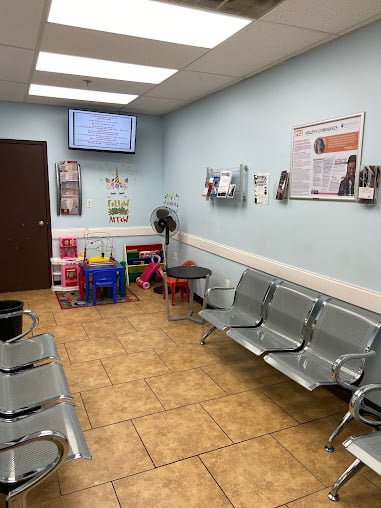
461 Frelinghuysen Ave Newark NJ 07114

101 4118 685 Neptune Blvd Neptune City NJ 07753

2425 Enborg Ln San Jose CA 95128
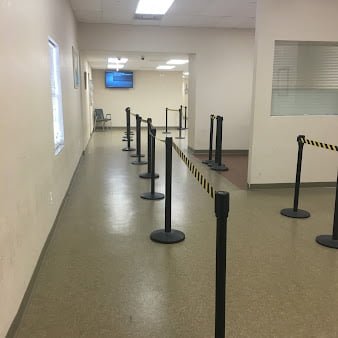
1919 N Pinellas Ave Tarpon Springs FL 34689

1236 GA-299 Wildwood GA 30757
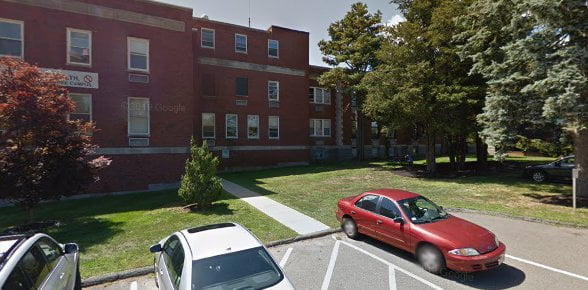
298 Washington St Gloucester MA 01930

2301 University Dr C Valdosta GA 31602
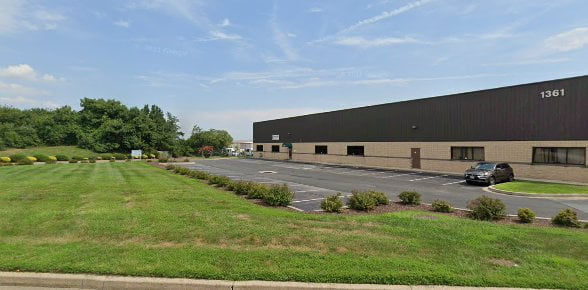
1361 Brass Mill Rd Suite A Belcamp MD 21017

1125 N 5th St Kansas City KS 66101

687 Frelinghuysen Ave #2 Newark NJ 07114
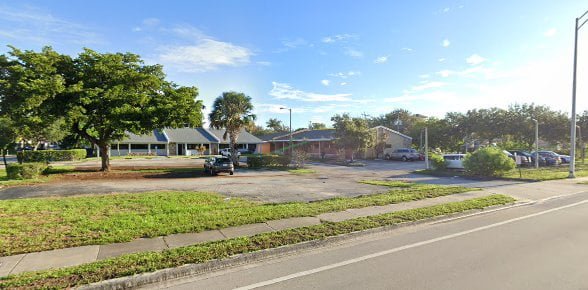
3155 Lake Worth Rd Suite 2 Palm Springs FL 33461

1000 10th Ave New York NY 10019
Check to see if your insurance is in-network at any of our Addiction Centers
- We will conduct an immediate verification of the coverage provided by your insurance provider.
- As a result, you may be eligible for treatment at one of our facilities with a discounted rate.



